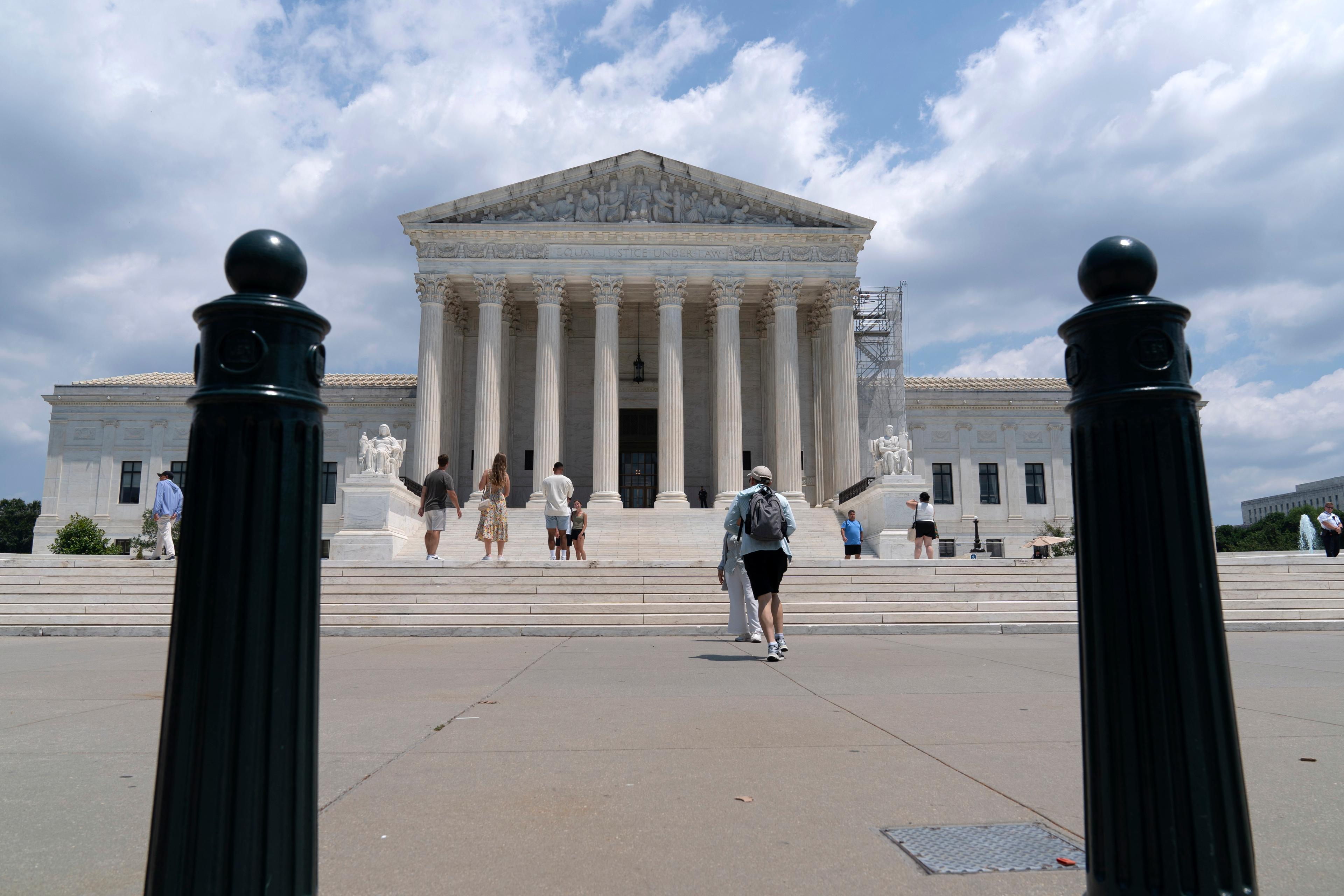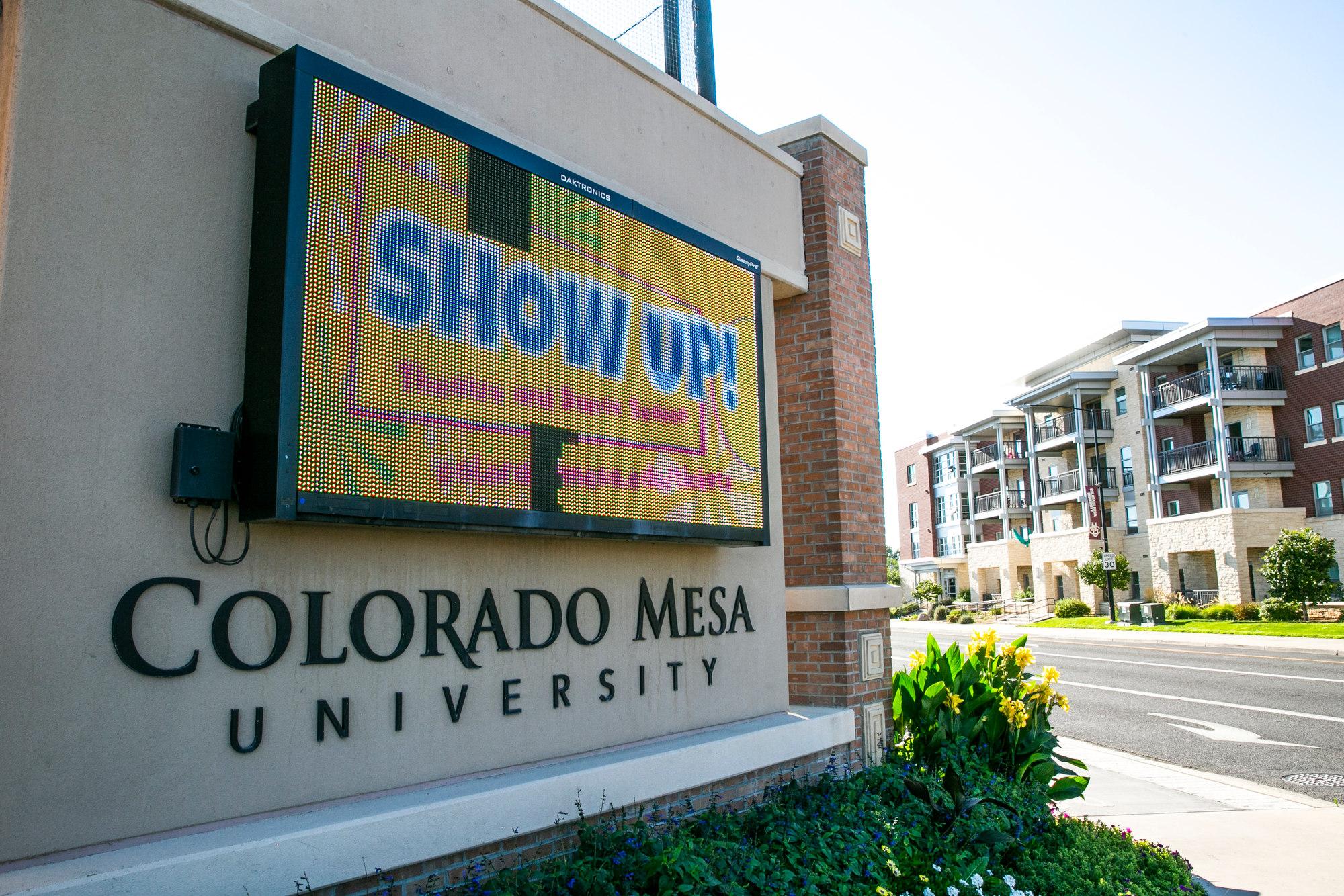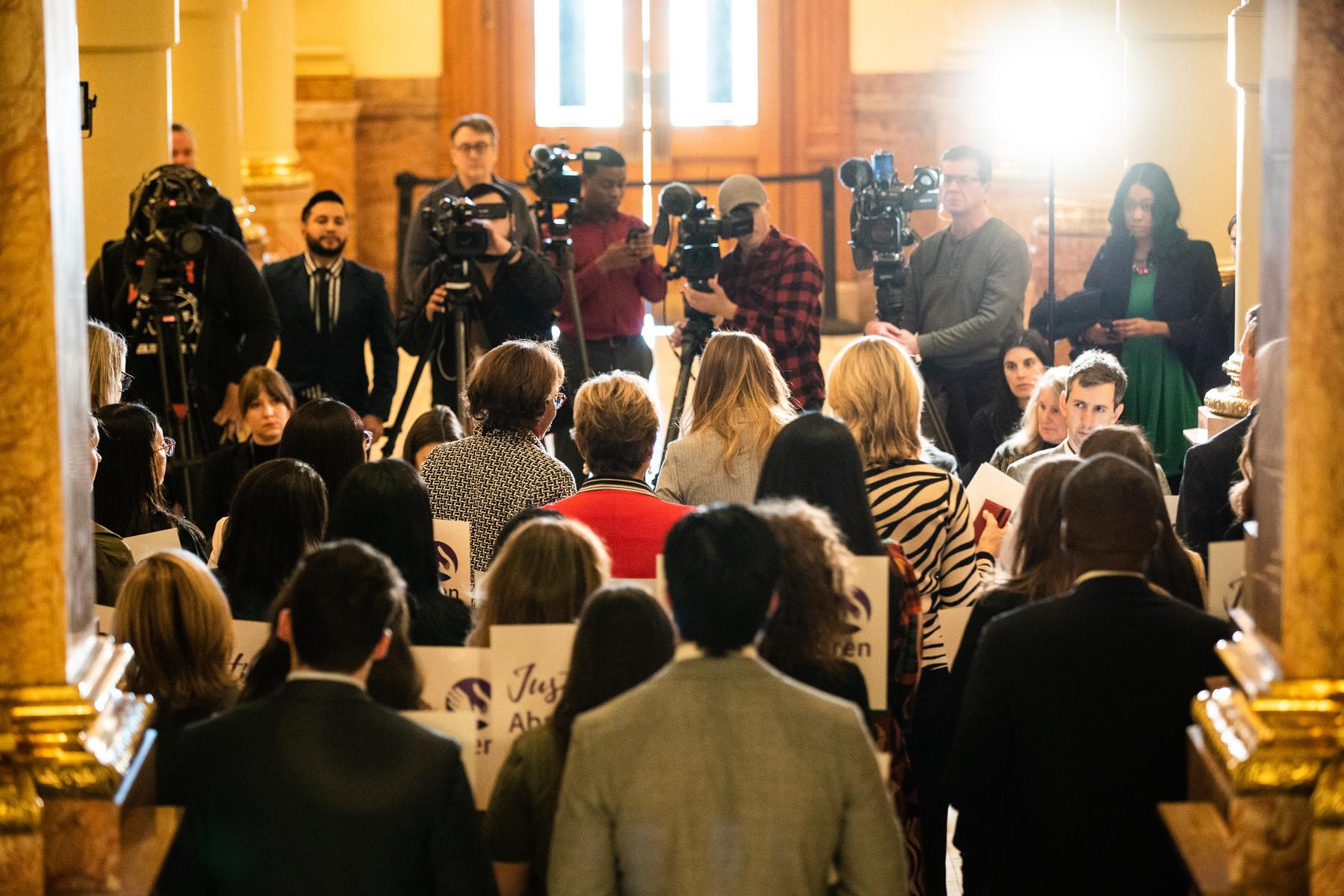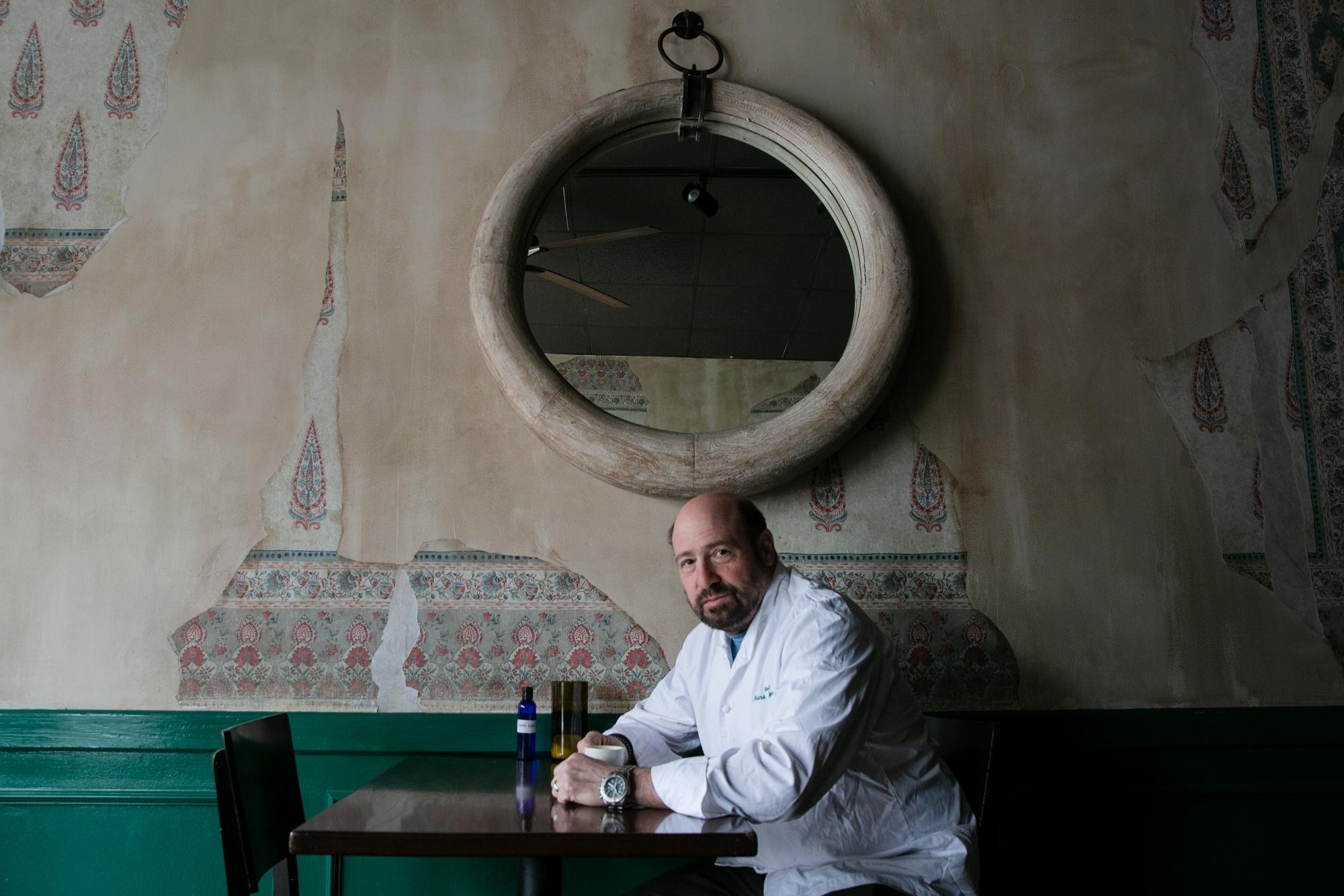
At first, the rapid test came up negative for Denver Chef Frank Bonanno after he’d been exposed to COVID-19 through an employee at one of his restaurants. Then, two weeks later, as he put on his deodorant he couldn’t smell it.
He jokes that he wears a very manly scent. But he could smell nothing.
“Then of course I ran downstairs and ate like six different things and realized I couldn't taste,” Bonanno added. His coffee had no flavor. It was like drinking hot water.
Like many people who catch the coronavirus, he lost his sense of smell and taste, which are tightly interrelated.
“I think you just take it for granted, you know, the everyday things that you do and what you notice,” he said.

Since Bonanno has plenty of talented chefs around him who can taste the food at the restaurants his professional life wasn’t his chief concern. Instead, it was simply that the joy of eating and drinking was gone. Although, “It has helped me lose about 12 pounds,” he again jokes. “So that’s good.”
The good news according to neuroscientist Diego Restrepo who runs a smell lab at The University of Colorado Anschutz Medical Campus is that, for most people, the loss of these senses is temporary. Bonanno said his wife lost hers for just a few days.
“Most people will recover their sense of taste and smell within a few months,” Restrepo said.
In rare cases, the loss is permanent (anosmia) or the sense of smell is distorted and things may smell foul (parosmia).
It’s not entirely clear how the virus affects smell. This is an area of active global research, which COVID-19 patients can take part in. Restrepo has a $125,000 federal grant to study this phenomenon in COVID-19 patients as well. What’s clear is that this virus (and others) affects the tissue in our nasal cavities that allows us to smell — called the olfactory epithelium.
"It is well known that in that area [of the nose], there is an immune response,” he noted.
Restrepo theorizes that the loss of smell may actually be a good thing, that it’s the body closing the gate on the virus so it doesn’t reach the brain like encephalitis. COVID-19, as we know, instead goes for the lungs.
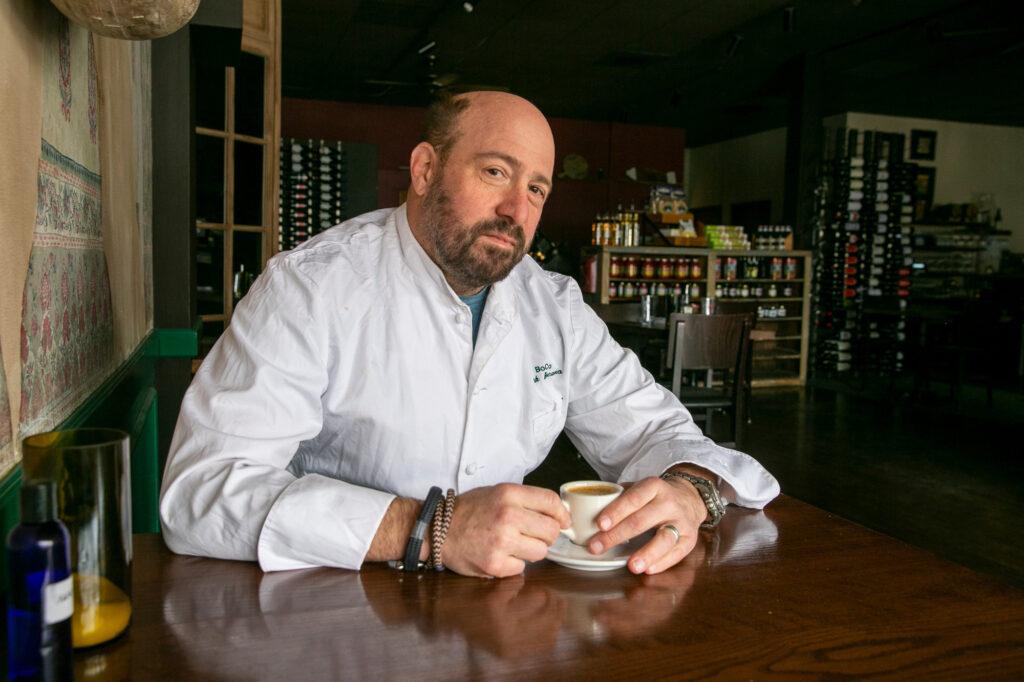
Restrepo is on a quest to find a “silver bullet,” but there is none, he said. A treatment or cure could benefit people with traumatic brain injury and Alzheimer’s, who also experience the loss of these senses. Furthermore, suicide rates are higher in people who can’t smell and taste.
There is some evidence that you can retrain your senses. After all, the neurons in your nose regenerate every three months, Restrepo pointed out.
“So there's a lot of plasticity happening there, and there's also plasticity in the central nervous system in the brain, in the olfactory system,” said Restrepo who is encouraged by smell training developed by a German doctor named Thomas Hummel. “Basically you train yourself in the morning and you smell four different things. And that actually seems to help. Unfortunately, we do not have a really good way of curing the loss of the sense of smell, but we're trying to work on that.”
In the meantime, chef Frank Bonnano is going to try smell training on his own. He washed his son’s clothes the other day and “picked up one of his socks that normally would disgust me.” Not that he has terrible foot odor, but he is a 17-year-old boy and Bonnano said he “couldn't smell it.” A small blessing in the near-term.



